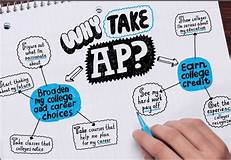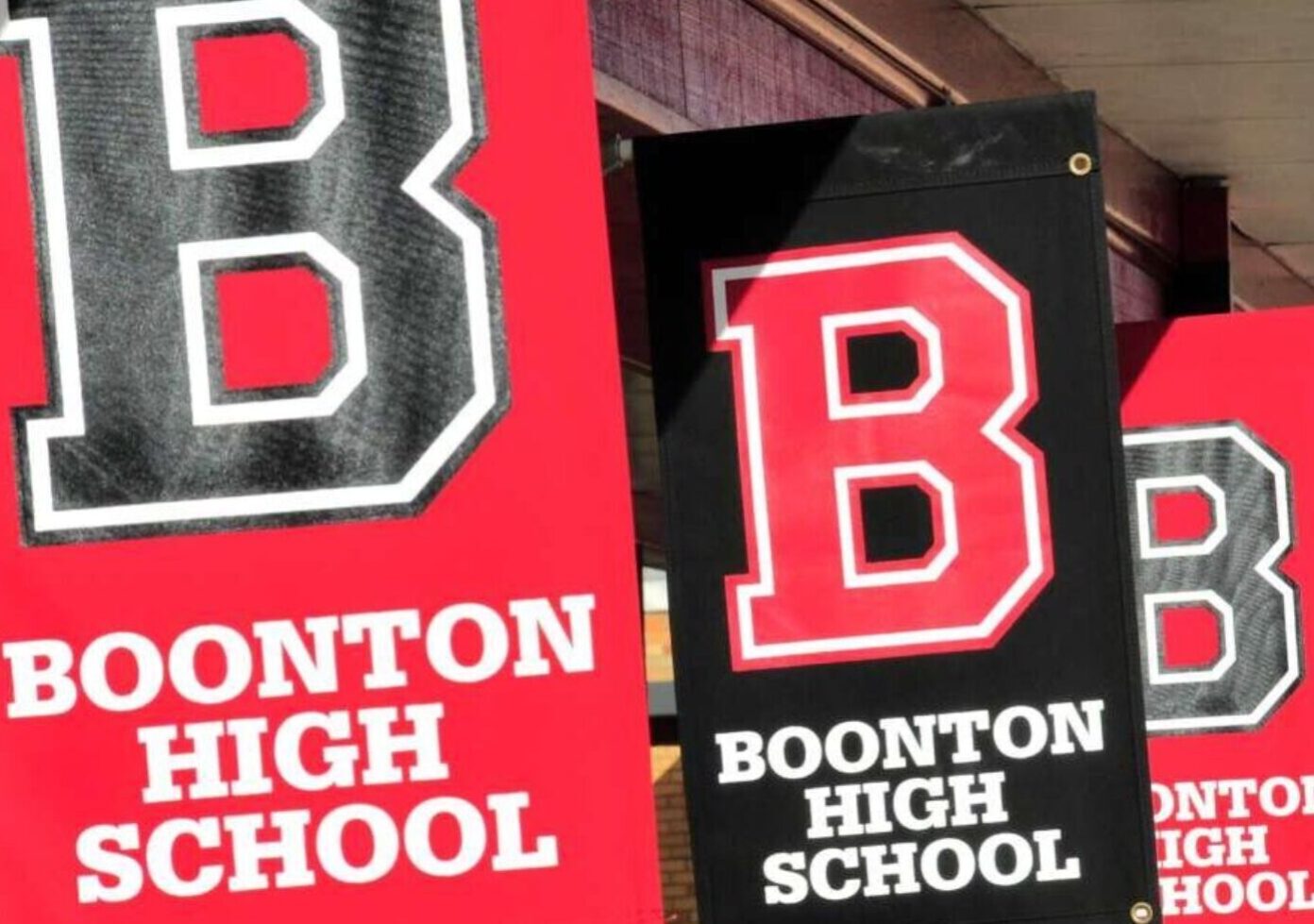
As advanced placement, most commonly referred to as AP, makes its way into the American education system, the feelings and morale of students across the country student grow unsteady.
AP, for those who may not know, refers to college level classes that high school students are permitted to take. Education systems have a strange infatuation with hierarchical academic levels. Students have become so accustomed to these hierarchies we often subconsciously organize classmates based on where we perceive them to be with academic achievements.
Students look out for their perceived valedictorian and fill in the rest of the students based on nothing other than this false sense of scholarly achievement.
The AP classes enable this, just as the academically talented students in middle school are elevated. There will always be this false sense of “advanced” that adults will force onto students. Students will crave this idea of being advanced, ahead of the game… more mature. This false sense of advancement will seep into students, both those put in the classes and those who haven’t been. Students who were put into the classes are most often forced into them by parents or staff members and will feel this overwhelming sense of pressure to succeed.
Students will pile on all of these useless classes, fed these lies that they’re getting ahead and they fall behind in topics they are interested in. The students around them will quickly grow defensive about their grades, about where they land on the fictitious pyramid of success.
Similar to many systems in the U.S. we are convinced that in order to fix a system we must become a part of it. AP classes are no different. We have created this false sense of advancement, creating a class, race and sex division as many other systems do.
Do you think I’m exaggerating? Despite my complaining, there are advantages to taking AP classes. You’re able to get college credit, it looks impressive on college applications, not to mention the ability to have a baseline understanding of a general topic, yet, to take an AP test at the end of the year, it’s approximately $96. To take two AP classes would be approximately $200, simply to “get ahead.” I can name a lot of other systems in the United States that use money to get ahead, but I’m not sure anyone here would be too comfortable with the comparison. Yet, we take these classes to get into a college of our choice, to get a job and, finally, to be able to create real change.
I must, however, let you all into a little secret of mine. I enjoy taking AP classes. Despite my hatred for the College Board, my resentment towards many adults who made me take the classes, I really do enjoy it. This is because I enjoy the idea of academia. This, however, doesn’t mean everyone will.
It’s the forcefulness of taking classes that suctions the pleasure out of AP classes and other things. As I have touched on, availability to AP classes should be more widespread. Therein, perhaps, lies a larger problem regarding the American education system, from underfunding schools to overpricing education.
As students begin to show interest in subjects and topics, they should be encouraged to advance their skills without the pressure of succeeding. If the purpose of AP classes is shifted, morphed into an idea of pursuing interests, rather than a depressing means to an even more depressing end, it may not be that bad.

